Michael Silberling CEO at Affinity Gaming, LLC sat down with our Associate Editor David McKee in Las Vegas to talk about the company’s future
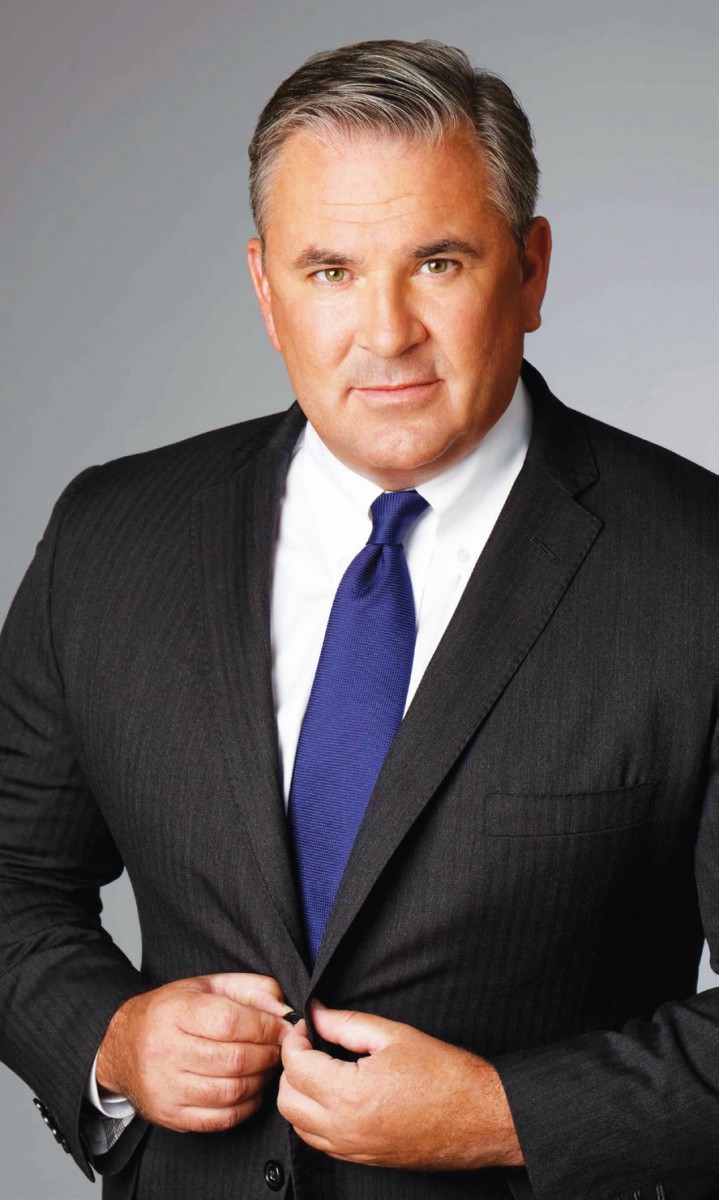 You wouldn’t think to look at it but, behind a generic office door in Summerlin, Nevada, lie the headquarters of a national casino company. Affinity Gaming is firm both new and old, having been reconstituted from the ashes of Herbst Gaming, which crashed and burned under the financial weight of buying both a large Nevada slot route and three MGM Mirage casinos (for $400 million) at the height of the casino boom. Bankruptcy quickly followed.
You wouldn’t think to look at it but, behind a generic office door in Summerlin, Nevada, lie the headquarters of a national casino company. Affinity Gaming is firm both new and old, having been reconstituted from the ashes of Herbst Gaming, which crashed and burned under the financial weight of buying both a large Nevada slot route and three MGM Mirage casinos (for $400 million) at the height of the casino boom. Bankruptcy quickly followed.
The Herbst family is no longer involved and Affinity is now held mostly by investment firms. One of these (Z Capital Partners) tried to take the whole kit and caboodle private but ultimately settled for being largest shareholder among many. In the meantime, Affinity was reinventing itself as a leaner but more geographically diversified company. Two casinos in Pahrump, Nevada, and some slot routes were sold to Golden Entertainment. In return, Affinity got three casinos in Black Hawk, Colorado – the Golden Gates, Golden Gulch and Golden Mardi Gras. Terrible’s Searchlight, in rural Nevada, was sold to the Herbsts. Three northern Nevada casinos – the Sands Regency, Golden Ranch and Terrible’s Dayton were also sold.
In addition to establishing a Colorado foothold, Affinity maintained presences in Las Vegas (Silver Sevens), Primm (Buffalo Bill’s Resort & Casino, Primm Valley Resort & Casino, and Whiskey Pete’s Resort & Casino), in Sparks, Nevada (Rail City), in Iowa (Lakeside Hotel & Casino, in Osceola), and in Missouri (Mark Twain Casino & RV Park, in La Grange, and St. Jo Frontier Casino, in St. Joseph).
Michael Silberling stepped into this reorganized Affinity Gaming on August 26, 2014. With him he brought a vast portfolio of casino experience and a new management team. Silberling’s variegated background includes stints everywhere from Scotland to South Africa and many places in between. He has been a managing director of London Clubs International (in which capacity he revived the Playboy Casino in London), general manager of Harrah’s Reno, president of Australian operations for SkyCity Entertainment Group and senior vice president of four Caesars Entertainment casinos in Missouri and Iowa.
Not many casino executives would name Monty Python’s Life of Brian as their favorite film or Thomas McGuane among their preferred authors – they usually cite Sun Tzu’s “The Art of War” or Thomas Friedman’s “The World is Flat.” Most recently, Silberling moved Affinity to the charitable forefront, announcing a partnership with the Alzheimer’s Association, beginning with a donation of at least $100,000. Casino Life found Silberling jovial, unpretentious and quick to get to the point.
According to your official biography, you’re a former bartender and dishwasher. Is that how you broke into the casino industry?
It’s not, actually. As a young kid in the Seventies, I worked to earn a bit of spare cash as a dishwasher in Colfax, at the Copper Kitchen. So I was in the hospitality business from a young age, as a middle-class kid. I was on financial aid at private school and college, and had to earn a little bit of money for books and spending, so I was a bartender there but I didn’t consider the casino business until I got out of graduate school at UCLA, even though the first elective course I signed up for in college was “Probability in Gambling.” I did not know when I took that course that would end up as my career. [laughs]
Having been a line employee and in customer service, how do you think that shapes you now?
It’s very helpful for me to know, having done it, how difficult some of those jobs are: shift work, weekend work, holidays. So I never take it for granted. I didn’t come up and in my first day put on a suit and tie, never do a hard day’s work. I’ve been at the dishwasher with broken glass. I’ve been in front of an upset customer at the bar. It gives an appreciation of the difficulty of hospitality work.
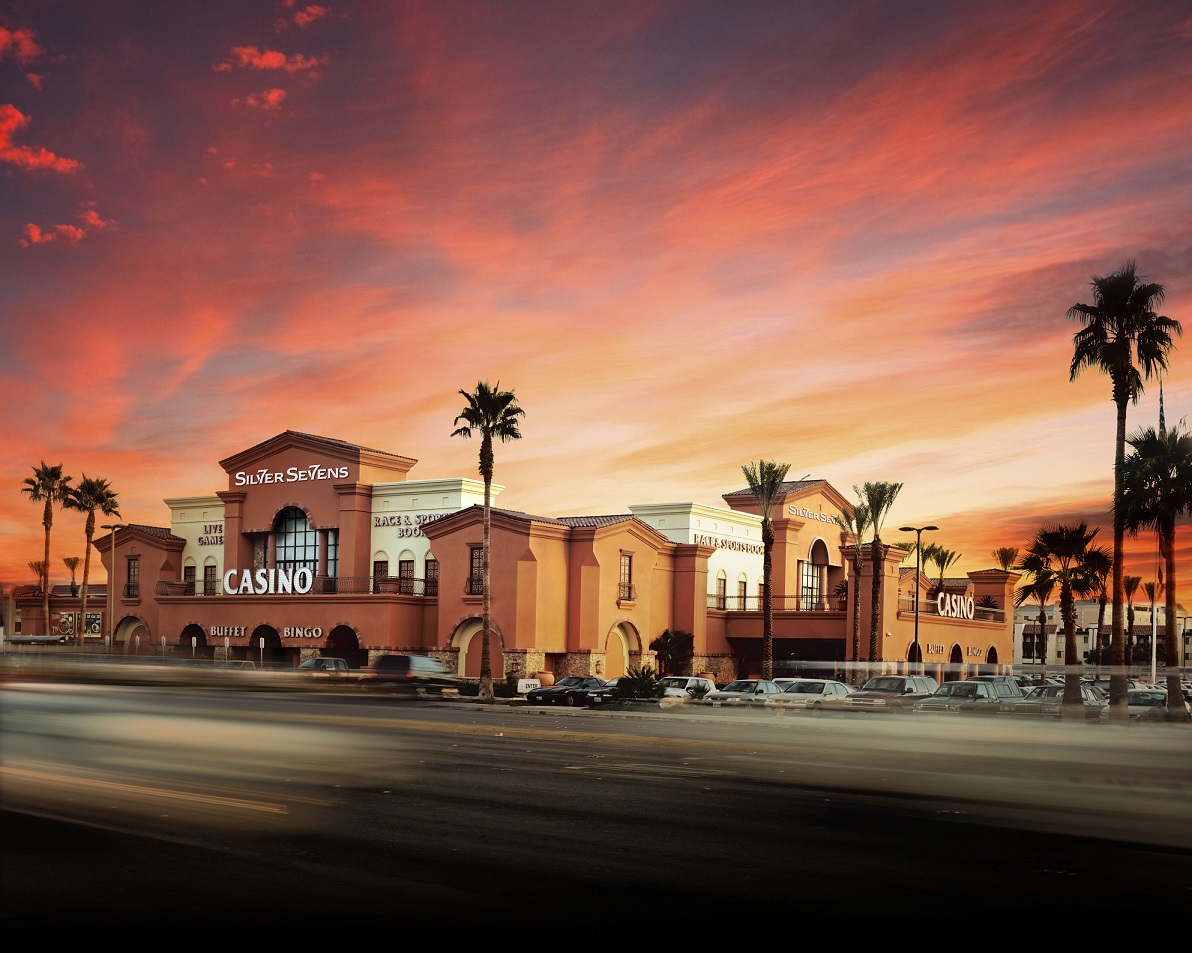
Is there any similarity between the competitive dynamics of your favorite sport, rugby, and the gaming industry?
I’m a fan, having played team sports through high school and university, of the lessons it teaches around work and trust, and collegiality in working together. Not everyone needs to play sports to be successful in business, but as you look at the sum of the parts of the things that I did before I joined the casino business, being part of a team helped me in my transition into management.
Your career has taken you to casinos in at least eight countries. What best practices from overseas have you tried to import to the U.S.?
I have trouble keeping track of all the different places that I’ve worked. It’s been somewhat opportunistic in that I do like seeing the world, so I’ve seized opportunities to do that in this business. My first international job was in Auckland, New Zealand, and we had never opened a casino in New Zealand, so everybody that was there was opening the first casino in on the North Island. We had people from South Africa, England, Australia, the United States. The people that succeeded there were the ones who realized there were different ways to do business. And those who would listen to the different points of view [of] like ‘How do you shuffle the cards,’ to the broader ones like ‘How do you design a restaurant’ or ‘What are customer tastes in different parts of the world’ were the ones that were more successful in an international environment. So when I’ve gone to different continents, countries and locations – and I have lived in London and Australia and New Zealand, and worked in Cairo and Lebanon and Johannesburg and Punta del Este [Uruguay] and Windsor, Canada – I have tried to keep my eyes wide open to learn. I try to also think if I’ve seen an experience of how to do something better. That two-way street of trying to learn and observe and understand what they’re doing, and bringing the summation of lessons from all these different locations and very wise people that I’ve worked with is a powerful tool.
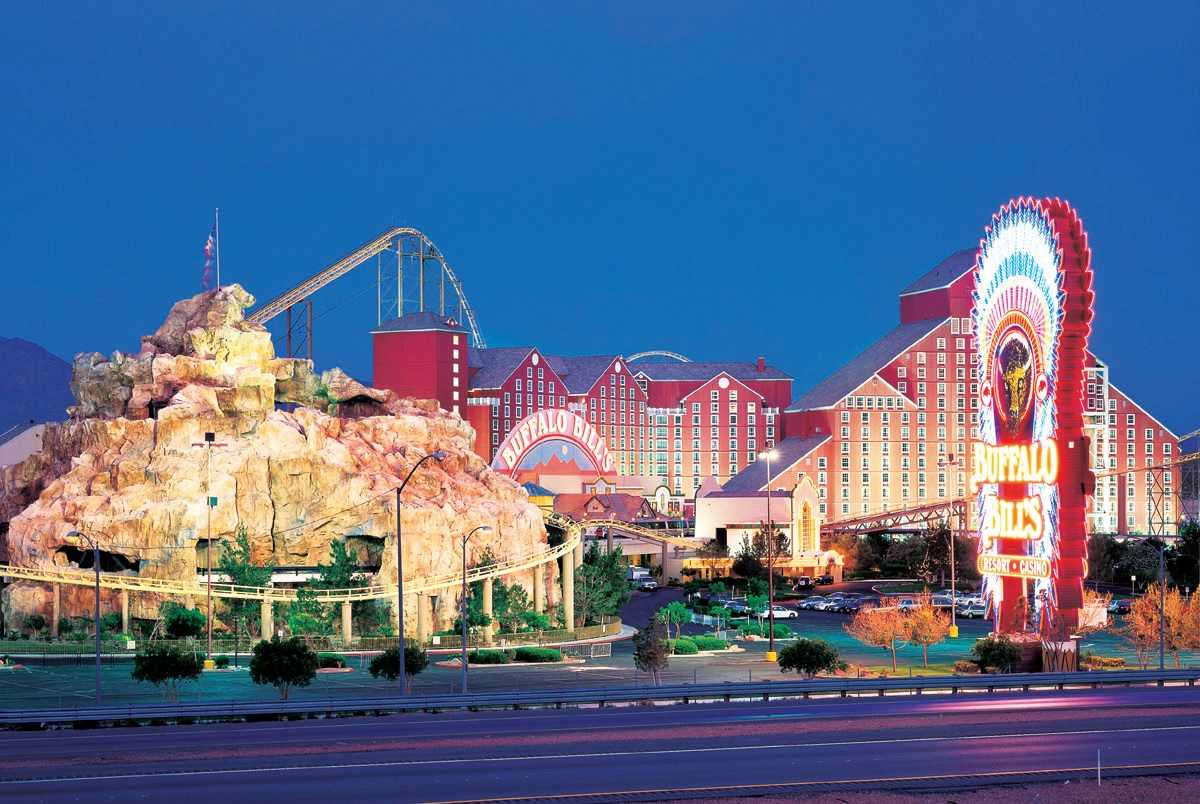
You’ve worked on and off for Caesars Entertainment. What aspects of its corporate culture inform your work today?
I started at the Promus Companies, which later became Harrah’s Entertainment, which later became Caesars Entertainment. A data-driven business is certainly something I took from Gary Loveman during his leadership. Conducting business with the utmost integrity is something that I learned from Phil Satre during his tenure as CEO. Those are the thematic pieces that come through. The majority of my career was with Caesars. It has informed a lot of people in the industry. You’ve got ex-Harrah’s with Tim Wilmott as CEO at Penn National Gaming, Anthony Sanfilippo as CEO of Pinnacle Entertainment. It was a good business to learn the blocking and tackling, and core business skills.
How did you go about relaunching the Playboy casino in London?
That was certainly an intersection of opportunity and need. We had a business in the middle of Mayfair, which is an upscale area of London. We were somewhat capital-constrained, given the capital structure of Caesars Entertainment. Playboy had a rich history in London in the casino business and had exited London but I thought that brand still resonated in Mayfair, having been a successful casino during the Sixties and Seventies. So I got a vibrant brand. I had outside funds for a business that needed refurbishment. So we had some fun bringing Playboy back to London.
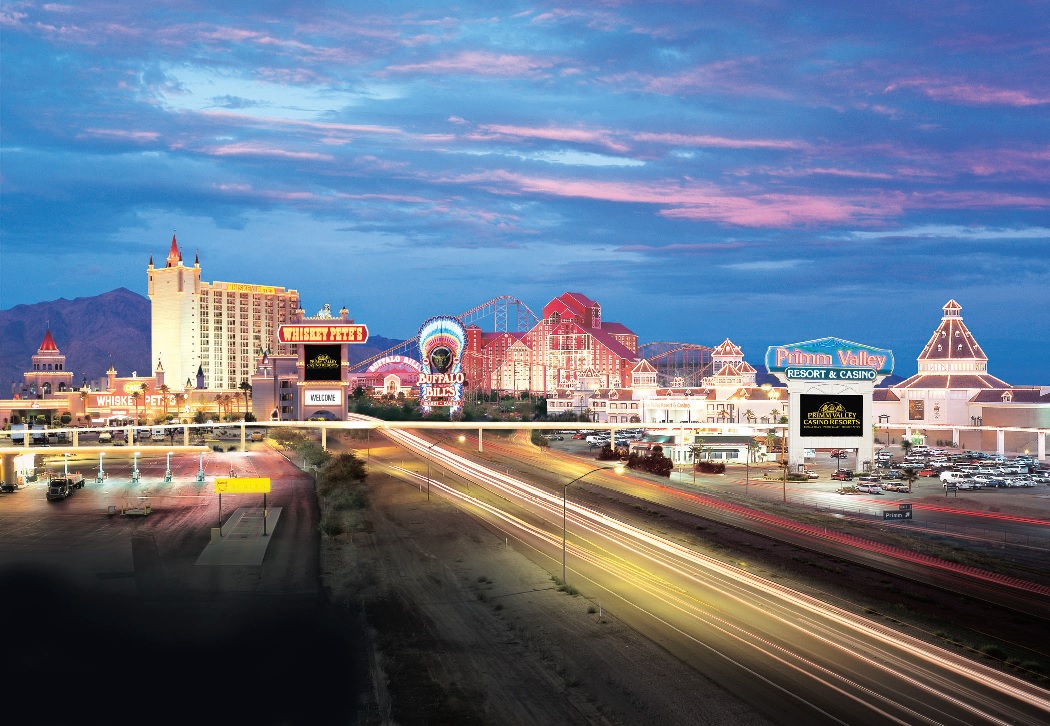
Leaping forward to Affinity, what is your company’s relationship with Z Capital Partners, now that Z Capital has dropped its takeover bid?
Z Capital remains the largest shareholder in the business and has two seats on the board of directors, so it’s a very traditional relationship, working with all board members to maximize value for the shareholders.
Was there a difference of philosophy that prompted Z Capital to pursue a takeover or did it simply want a bigger piece of the pie?
You’d have to talk to Jim Zenni of Z Capital to understand their motivation to try to buy a bigger piece of the business. I can’t know for sure. In the year and a half [of his tenure], we’ve had successful results, if not industry-leading results in terms of EBITDA growth on a percentage basis in 2015. We were up 30 percent in 2015, defined by EBITDA. If someone believes that’s going to continue, they want more of the business, but that’s pure speculation.
How do you intend to, as your biography puts it, “refocus the marketing and brand position of Affinity Gaming at each individual property”?
The purpose of marketing, on the quantitative side, to steal a quote from Gary Loveman, is to profitably influence customer behavior. I don’t think we looked at that in enough detail, so we continue to look to see what’s the elasticity of demand and what can we do to enhance that value proposition for the customer in a profitable manner. A good part of our financial growth in 2015 was based on getting much more data-driven in marketing. When we talk about each individual property, I would like to do further work in 2016. I do not expect to use a brand approach.
We’re not going to be McDonalds, where every location is exactly the same. Our business in Osceola is different from our business in La Grange, which is different from our business in Sparks, Nevada. So we really need to position each property in its local community in a manner which resonates with the local customers. Certain places, like Silver Sevens, in Vegas, are very competitive with several casinos in walking distance. Other casinos are regional casinos which are the only ones for miles and miles – and what do you need to do, not only with food product but with the customer-service program? The whole story is how I like to think about it: What is the story that we are going to tell at each of these individual locations that is understood by all our employees and customers? We’ve got work to do to get to the place where that is understood by everybody.
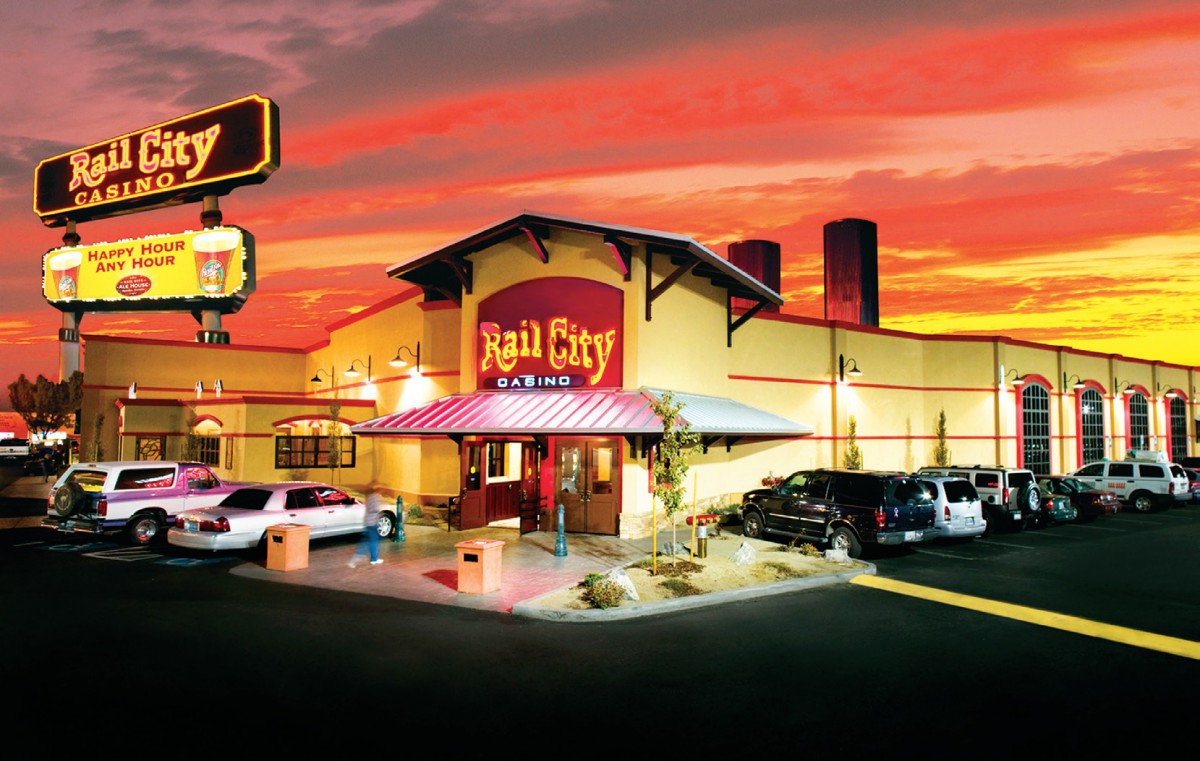
In a market like Primm, Nevada, where you own all three casinos, how do you market them so as to avoid redundancy?
There we need to position each of the three casinos to each other at that location, and Primm Valley would be for our highest-value customer. We have a spa there. We have our nicest restaurant. That’s where our best gaming customer would go. Whiskey Pete’s is our more value-driven proposition, for someone who would be more price-sensitive, and Buffalo Bill’s is really built for occasions. We’ve got the Star of the Desert Arena and that’s where we’ve been highlighted in the New York Times for our work in the Hispanic community and some of the Hispanic concerts we’ve done, as well as more-traditional programming. We do car races there and most of our bus business goes there, so Buffalo Bill’s really flexes when we can put event-driven entertainment into the place. So we really have three separate offerings. We’re quite happy to have folks take the monorail and visit all three, because we have different restaurants, games and experiences in all of them – but they all have an individual identity.
With tribal casinos to the west and Las Vegas a few miles to the east, what’s your constituency in Primm?
It’s largely a regional-drive market, so the high desert California area [is it] and we need to make the value proposition such that folks will drive past a more local California tribal-gaming experience and come to us. So what is the combination? We have a good relationship with the local golf course, we have discount shopping, we’ve got the shows, the rides, so we have to have a value proposition that says, ‘Hey, why don’t you come and drive a couple of hours and visit us’ for what’s largely a weekend business.
Without making a value judgment on the decisions of your predecessors, why did Affinity trade the Pahrump market for the Black Hawk, Colorado, market?
Without having been here at that time, that’s very difficult to know the thought process. In general, the cash flow coming out of Colorado is larger than that coming out of Pahrump. In my perspective, I am interested in managing businesses of a certain scale, revenue and profitability level that the Pahrump business falls lower than.
How are the Colorado casinos performing these days?
Colorado as an overall market has had a very good year. Some of our markets are more competitive than others. Colorado is one of our competitive marketplaces, with a number of casinos within short walking distances. Some of our competitors have been spending money refurbishing casinos, building parking, building hotels, and we’ve found that to be one of our more challenging markets and are putting heads together, making sure our brand position, our value proposition, the story that we tell by our employees and our customers is as important there as anywhere. We’ve had the most [revenue] growth out of the Nevada casinos but we’ve had strong growth out of the Midwest as well.
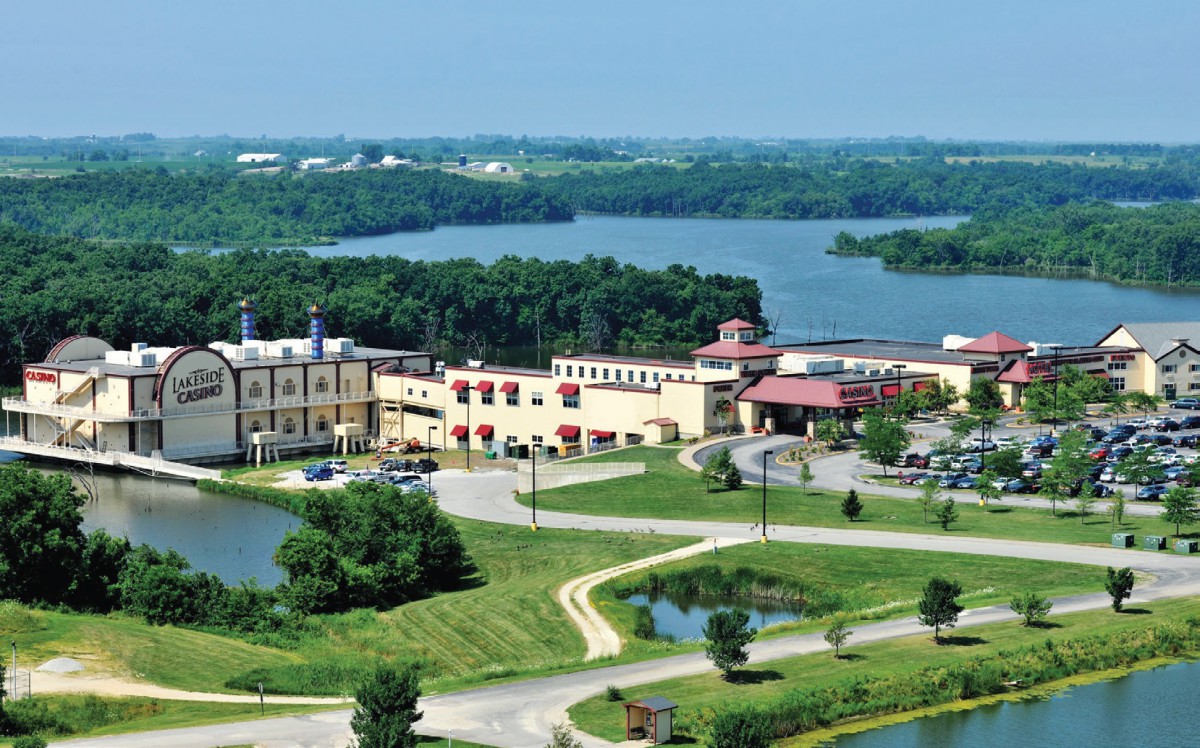
Why do you think the Nevada ones are doing especially well?
I’m generally bullish on Nevada, from a macroeconomic point of view. It’s tough, as you look at various indicators out there – with housing prices and a variety of other things – and sometimes you get mixed signals. I’m positive on northern Nevada, with the Tesla [battery factory] construction and job-growth initiatives. I also see positive indications in southern Nevada. We are doing, on top of a reasonable economy, a better job of running our business. I don’t think it is rocket science: We’re doing our blocking and tackling, which is a combination of a reasonable economy and running the business better.
Where does Silver Sevens fit into the bigger picture? Is it a tourist draw or a locals casino?
If you look at our business, the majority of it is locals. With the hotel and and casino property being so close to the Strip, we attract guests from regional, national and international markets, as well. If you sit out by the pool you’ll hear languages spoken from a number of different places. So we need to – and we have been – run those businesses together. We don’t think they’re mutually exclusive. We want to continue to be a draw for those folks whose business is very proximate, as well as having a compelling hotel product, as well as a value-pricing proposition with proximity to the Strip and the Thomas & Mack Arena to get people to stay with us from all over the world.
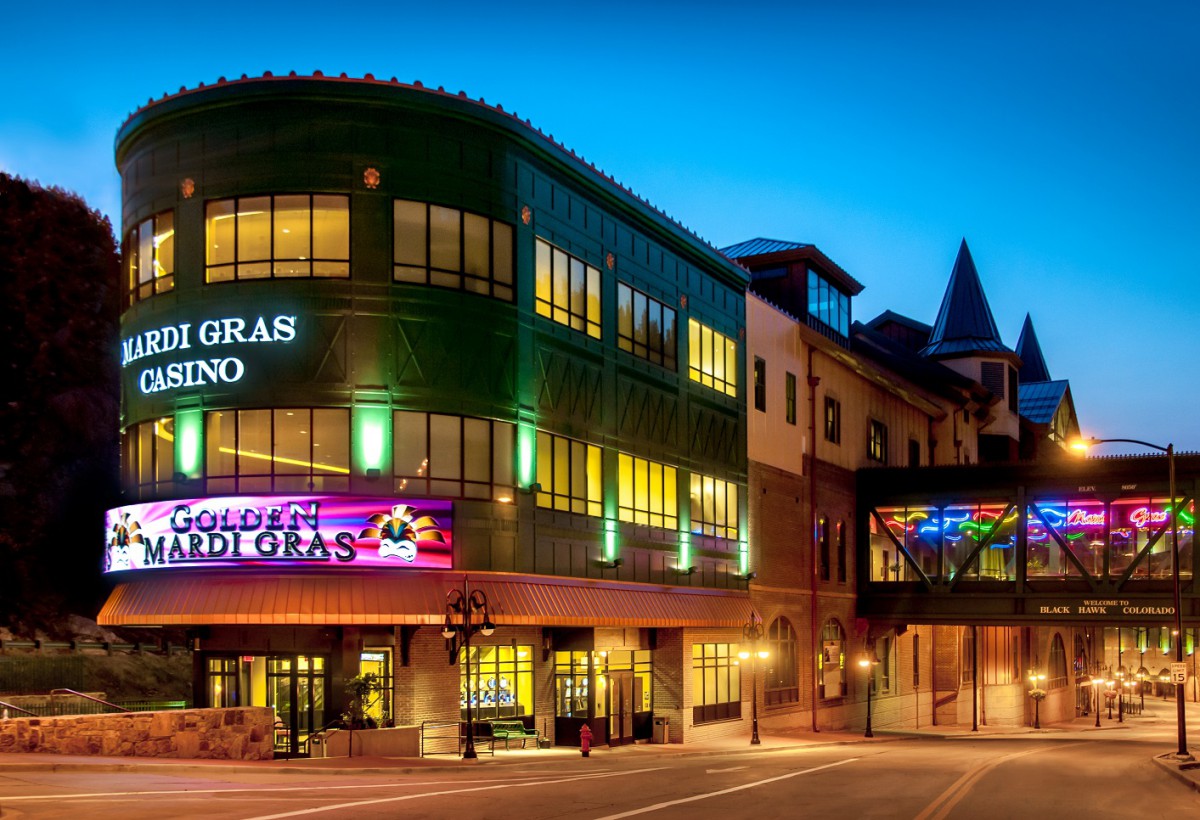
Having inherited a slimmed-down company, would you choose to grow it on a same-store basis or through acquisitions?
In the over a year and a half that we’ve been here, we’ve been successful in growing it on a same-store basis. It’s important to work with the board to make sure that we’re continually evaluating what our strategic options are. We have a competent team with a proven track record and a strong balance sheet.
You’re increasing your charitable giving. Didn’t you just have an event for Alzheimer’s research?
Thank you for asking. My business is thinking about different constituencies. One is the financial shareholders, one is the influencers in your business, the customers, and the other is the employees. Many of those folks live in the local community. It’s not a luxury, it’s a smart way of doing business, of being involved from corporate social responsibility. I’ve taken all of our 11 casinos and allowed them, as they see fit, to participate locally if there’s something want to be involved in Osceola or Black Hawk they are welcome to do so.
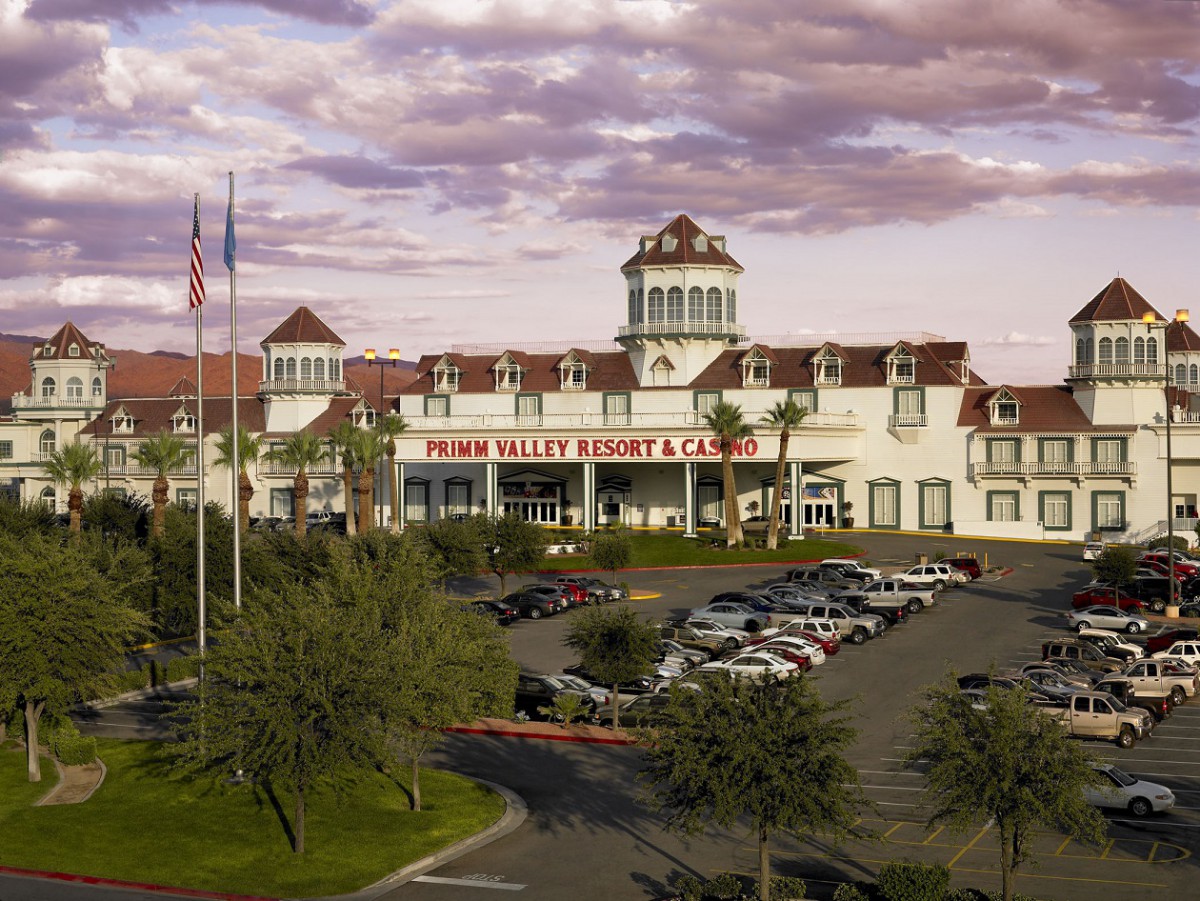
But we have a corporate umbrella of supporting the Alzheimer’s Association, and I reviewed literally thousands of charities. The vast majority – 99 percent-plus – were all amazing and good causes, but the Alzheimer’s Association really resonated with me. It’s one of the top 10 causes of death in the United States. Unlike some other causes of death, like heart disease and HIV, whose rates of death are decreasing, Alzheimer’s has increased over 70 percent. Someone develops Alzheimer’s every 66 seconds. There’s no cure in sight. It’s challenging not only for the victim but also for the caregivers, as there is an eight-to-10-year timeframe typically where a person with Alzheimer’s gets progressively worse.
The Alzheimer’s Association not only works on education and research, and treatment of the afflicted, but they also work with caregivers who are really sacrificing their life, and this is a cause that’s personal to me -- my mother passed away with Alzheimer’s – as well as something that’s prevalent in the business. I was happy to find and match Affinity Gaming up with such a great cause. We are the largest contributor to the Alzheimer’s Association in Nevada and we have an umbrella gift, in that we’ll be working with Alzheimer’s associations in every jurisdiction and property that we operate. From my perspective, making sure that we have a good relationship with the regulators, the financial community, the employees, the customers and the community is important and this is just one small thing we can do.

















